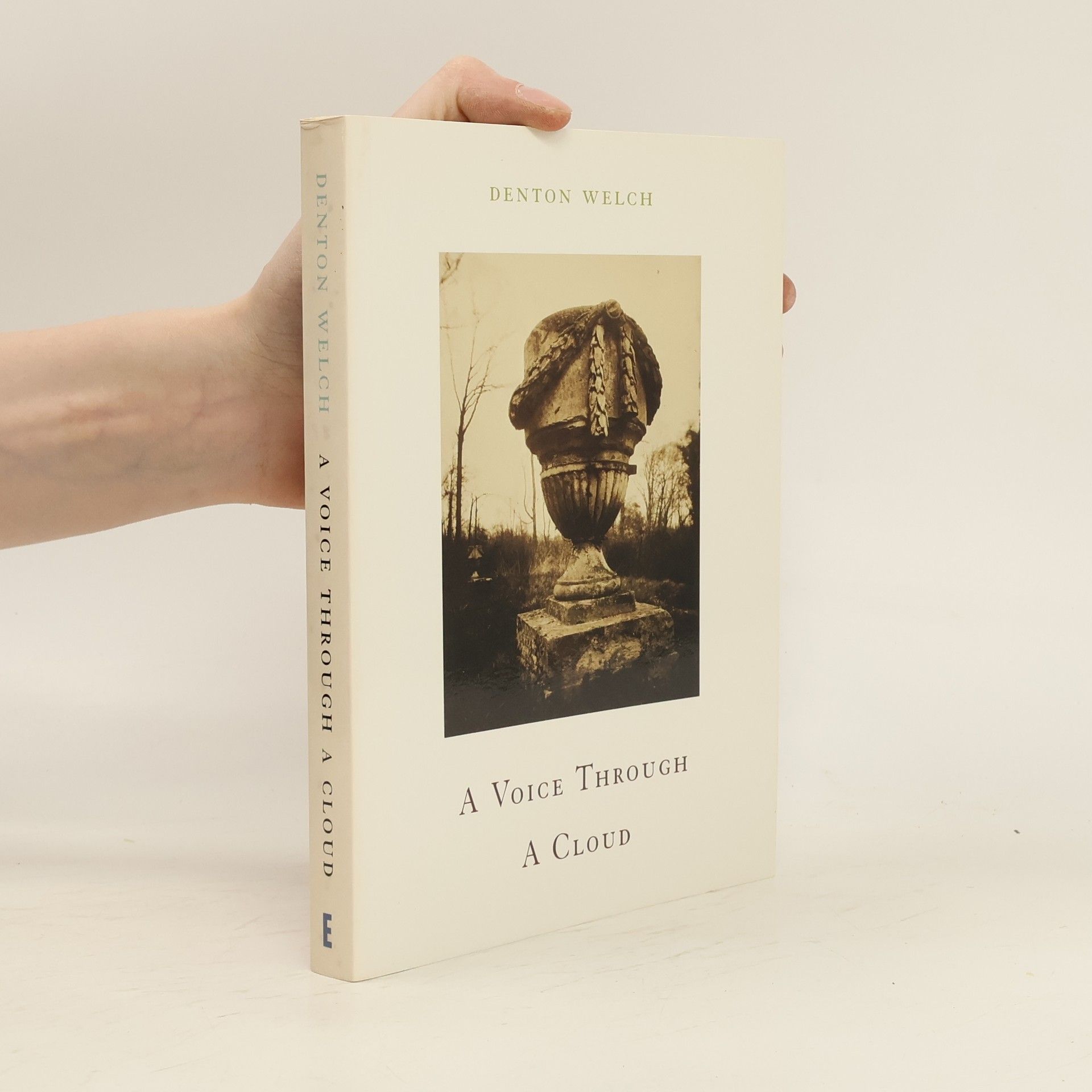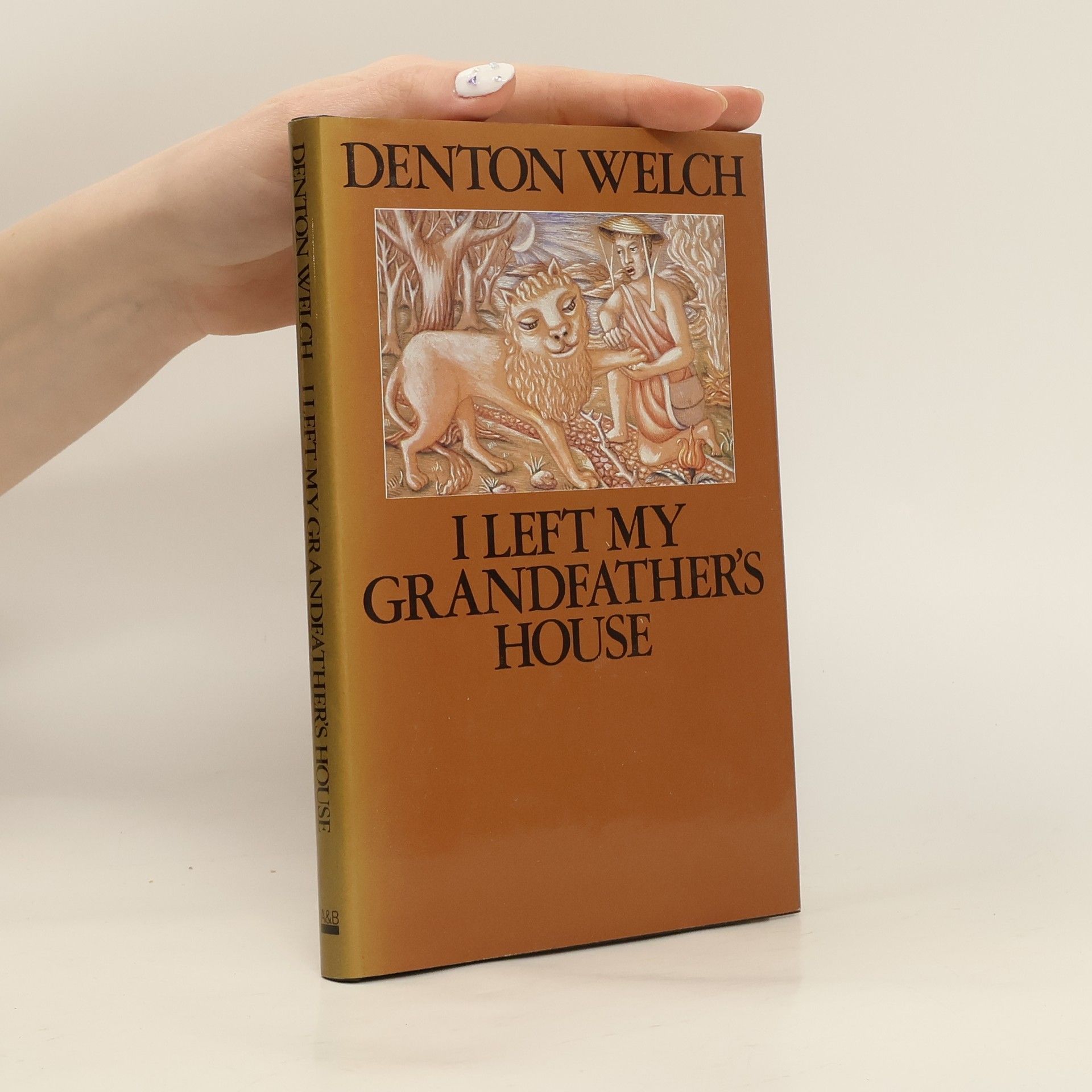Denton Welch wurde 1915 als Sohn englischer Eltern in Shanghai geboren und starb, nach einem Unfall schwer behindert, im Alter von 33 Jahren. Mit großem psychologischen Einfühlungsvermögen, zugleich nüchtern und sinnlich erzählt er die Geschichte eines Heranwachsenden, der die Schrecken und Freuden der Pubertät erlebt.
Denton Welch Bücher
Maurice Denton Welch war ein englisch-amerikanischer Schriftsteller und Maler, der für seine lebendige Prosa und präzisen Beschreibungen bewundert wurde. Sein Werk zeichnet sich durch einen ausgeprägten Stil aus, der den Leser in die Erzählung hineinzieht. Welch fängt Atmosphäre und Emotionen der Charaktere meisterhaft ein. Sein Schreiben wird für seine Originalität und Tiefe geschätzt.
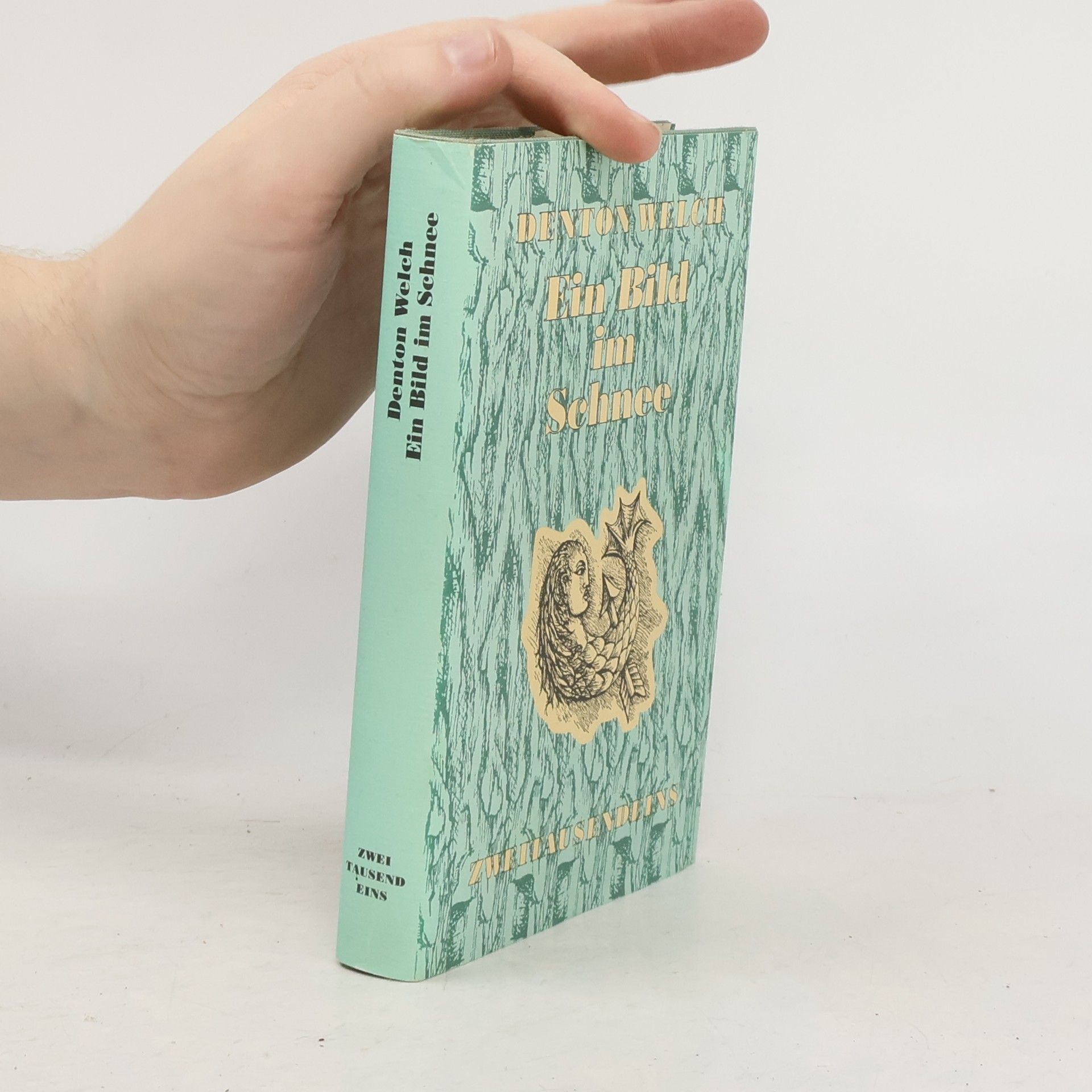
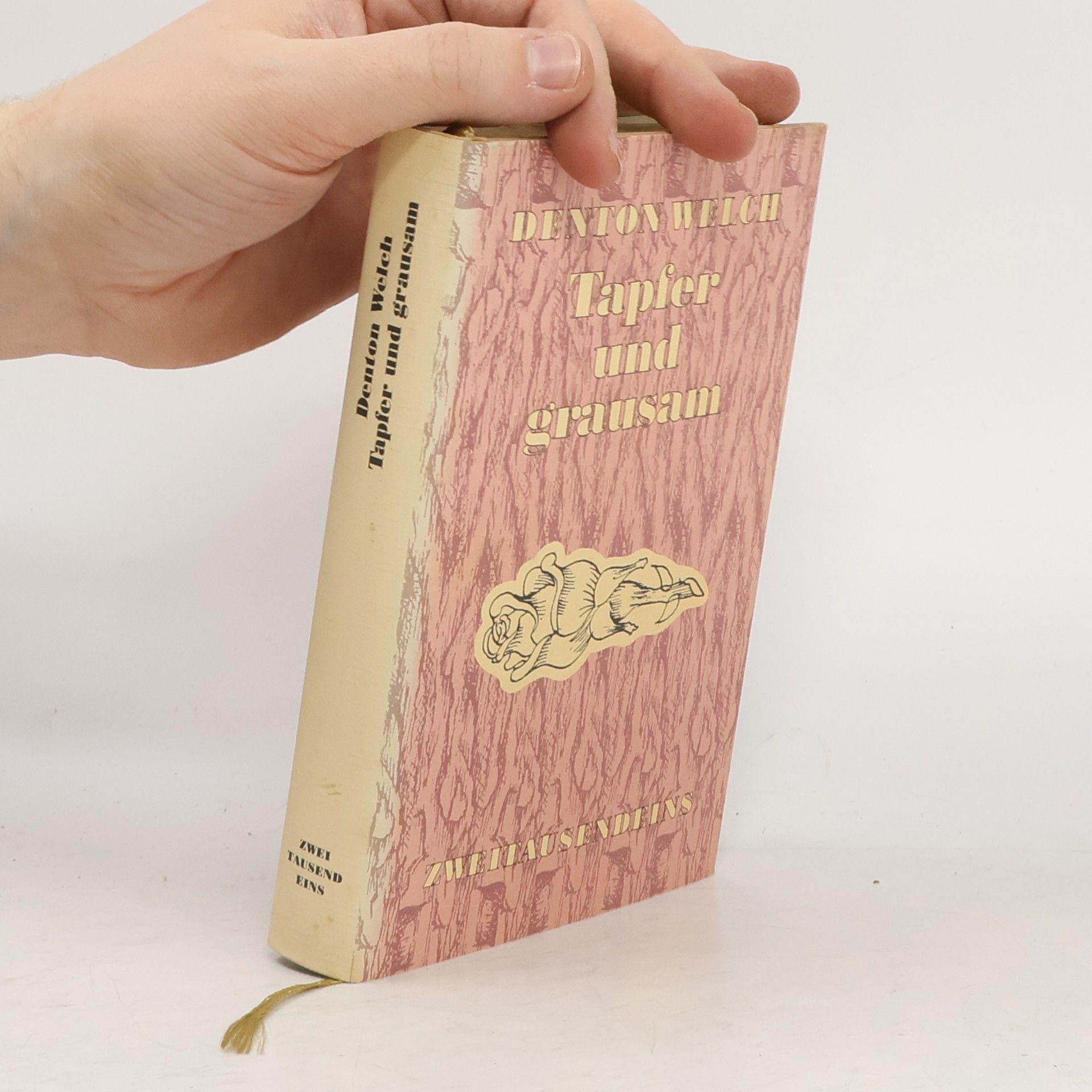

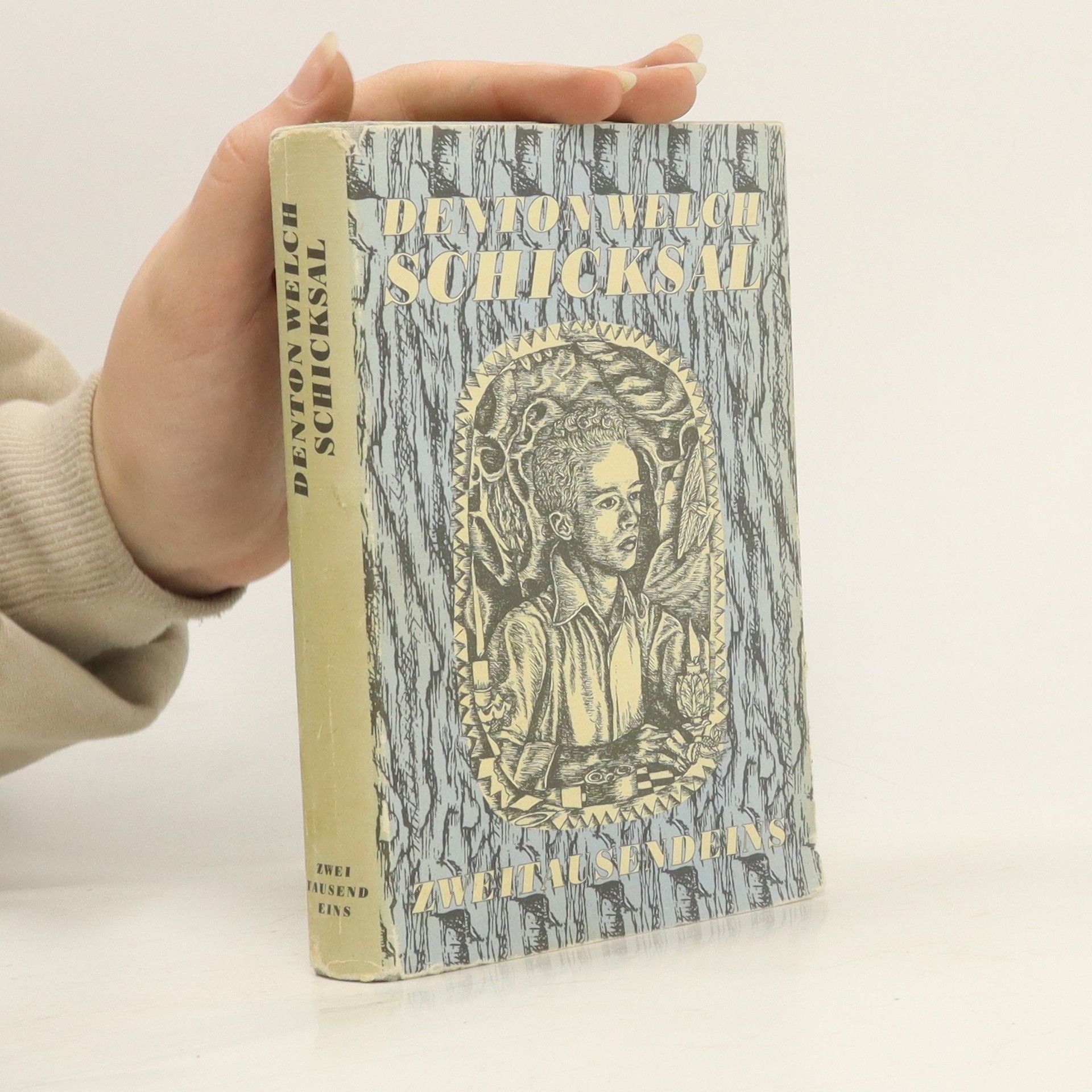


Schicksal
Zweitausendeins
A Voice Through a Cloud
- 264 Seiten
- 10 Lesestunden
At the age of twenty, the novelist Denton Welch suffered a cycling accident that left him partially paralyzed; the injuries that he sustained were to leave him in almost constant pain for the rest of his life, as well as bestowing upon him the spinal tuberculosis that would kill him at the age of 33. A Voice Through a Cloud--increasingly regarded as Welch's masterpiece--is his account of this accident and the period of convalescence soon after. The unsparing chronicle of the world of a hospital patient--riddled with anger, boredom, almost unbearable stabs of pain and sharp flashes of humour
I Left My Grandfather's House
- 156 Seiten
- 6 Lesestunden
The third volume in Enitharmon’s Denton Welch series is his autobiographical novella I Left My Grandfather’s House, written in 1943, first published posthumously in 1958 and only briefly in print since. In the novella Welch recounts a walking tour undertaken in southern England ten years before, while he was a painting student at the Goldsmiths’ School of Art. His many adventures along the way are described with a characteristic lyricism and energy, as well as with a sense of nostalgia not only for the pre-war world, but also for the innocent enjoyment of existence in the years before Welch was permanently disabled by a life-threatening accident. As Edmund White has written: ‘Welch has the power to generate interest out of even the most meagre materials. He had this gift from the beginning but suffering and illness refined it into a white-hot flame.’
